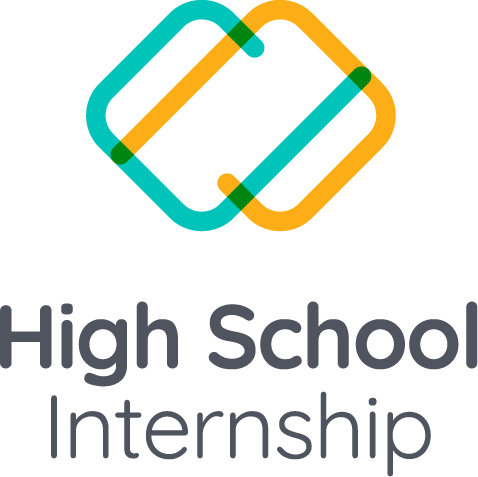Did you know as of 2021, 65% of our students will be in jobs that don’t even exist yet? At BSD Education, we talk a lot about preparing students for “the future of work”. But the reality is that many of us don’t know what that future necessarily looks like. So how can we prepare students?
By cultivating adaptability in the classroom.
Our students’ natural adaptability was put to the test during COVID as their education was hit by an evolution of technology overnight. While the unpredictability of education in the 2020/21 school year was often criticized, it’s also a reminder of the uncertainty our students are facing. Especially when they look ahead to their futures – from kindergarten to senior year.
Building more skills in adaptability while they are still in school will provide them with long-term benefits when the time comes that they need to pivot their skillsets and learn new technology at a moment’s notice.
This level of adaptability is an immeasurable resource for your student and teachers are uniquely placed to help build confidence in this area as a crucial skill they will need in the future.
Not only does it help them adapt to new situations and develop new skills more quickly, but adaptable students also are more likely to have higher self-confidence and satisfaction in their lives.
Teachers have a collective responsibility to prepare their students to embrace and adapt to challenge and change. To better prepare them for the future of work, we’ve collected a few of our favorite strategies for fostering adaptability in schools.
Teach Resilience
Adaptability and resilience go hand in hand! Resilience is the ability to overcome challenges with a positive impact, but it’s also a mindset that should be developed early in life.
If something negatively impacts your student – whether it’s falling behind on grades or later on, not getting into the college they were hoping for – they always fall back on their resilience and find creative ways to push forward and improve. In a world where technology changes on a dime, this skill will be incredibly beneficial to your students.
As their teacher, you can help to foster this by encouraging them to find creative solutions to their problems and provide a safe environment to explore new ideas.
Promote Self-Regulation
Students as they grow into adulthood will need to learn how to manage their emotional thinking, especially when faced with challenges.
This is a teachable skill that gives them the ability to handle unexpected situations without obvious frustration. Teachers can reinforce this skill by educating students on how to set achievable goals, scaffolding, and other classroom activities.
Dispel the Fear of Failure
No one likes to fail and for many people, the idea of failure is absolutely devastating and debilitating for students and adults alike. There is always the risk of failing when a situation starts to change. It’s really a fear of the unknown and not wanting to do something that won’t be as successful as keeping the status quo.
But it’s important to remember – and teach students from a young age – that success comes from failing and learning from it. This can be taught through recognizing effort, building community among peers, asking questions, taking risks, and self-reflection.
By not being afraid of failure, students will be more motivated to learn and find interesting solutions to changes in an uncertain future.
Encourage Continuous Learning
Learning and developing new skills is something we experience throughout our lives, but when applied to a future workspace where change is rampant, this willingness to learn is what keeps you a few steps ahead.
Teachers can build this excitement for education with their students by indulging their curiosity and even displaying their own enthusiasm in a subject. Taking the metrics of education out of it can often encourage students to see a lesson in a new light.
This is something that they will carry with them throughout their lives and help foster critical thinking and creative problem-solving.
It’s impossible to prepare students for every eventuality. However, educators can foster adaptive skills and teach students how to respond to challenging, changing situations in positive ways. With this skill, students will grow into adulthood able to keep pace with unexpected situations and be more successful in future careers.

